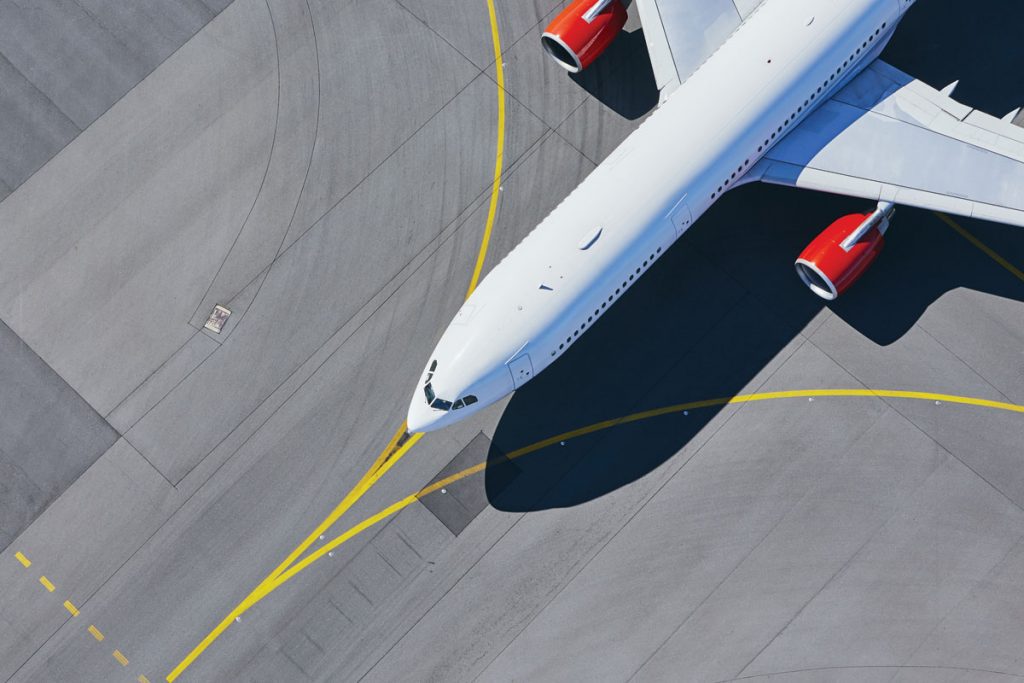According to a new research from Datalex, airlines are prioritizing investments and strategies that will enable modernized retailing, including moving away from legacy technology, increased use of artificial intelligence and using NDC to have greater control over distribution.
In an article published by Phocuswire.com, the research conducted in November, includes insights from more than 150 senior airline executives, about half from full-service carriers and half from low-cost and startup airlines.
The report, The Digital Airline 2023, also incorporates input from 10,000 travelers in 10 countries including the United States, the United Kingdom, Singapore, Brazil, Germany and more. Those travelers also signal increased desire modernized booking and servicing options, including transparent pricing, new payment methods, better product bundling and sustainability-focused ancillaries.
One key finding with broad implications is a disparity between how travelers view airlines on the topic of innovation versus how airline executives assess their companies.
Just 11 per cent of the travelers surveyed say airlines are ahead of other e-commerce websites like fashion, Amazon, etc. in terms of modern online retail strategies. Yet 24 per cent of the executives surveyed believe their companies are ahead of other sites and 17 per cent believe they are on par.
“These findings indicate that airline executives are hugely underestimating the reality of the perception gap that exists between airlines and their customers,” says Datalex chief technology officer Brian Lewis.
“Unwittingly, perhaps one of the factors that contributed to the travel industry’s delay in catching up to other e-commerce sites, is the oxymoron of those who ‘know too much.’ The travel industry is full with experts and industry stalwarts who know the business inside out, and because of this there hasn’t been much input on learnings from other industries, giving credibility to the saying that ‘knowledge equals inertia.’”
The survey finds that a priority for airline executives is moving away from a traditional passenger service system (PSS), with 92 per cent saying their PSS is “significantly or somewhat hampering the simplification of order management and ease of booking.”
Sixty percent of airlines say they intend to move to a One Order-enabled technology platform in the next one to two years and 35 per cent give a timeline of three to five years.
“A modular ecosystem, that is not restricted by archaic processes, means that airlines can be more in control of their own technology, their own retailing and their own ‘distribution destiny,” Lewis says.
Artificial intelligence is also gaining adoption, with 69 per cent of airline executives saying it has or should have a role in revenue management.
“The strength of NDC and direct sales is undoubtedly in the ability to dynamically price and yield manage. It’s clear however that with the amount of traffic predicted, systems will struggle to return real-time pricing at scale,” Lewis says.
“The travel industry is full with experts and industry stalwarts who know the business inside out, and because of this there hasn’t been much input on learnings from other industries, giving credibility to the saying that ‘knowledge equals inertia,” said Brian Lewis CTO of Datalex.
“A dynamic cache powered by AI has the ability to circumvent volume concerns and deliver the optimal price at scale.”
The report states that when asked about NDC investments, airline executives “revealed a definite strong intention for a stark ratio flip between NDC and GDS with some airline executives even stating an ambition to allocate in the region of 80 per cent of their distribution into NDC
And payment innovation is also top of mind for this year. Travelers surveyed indicate a desire for more ways to pay for their air travel, and one of the most popular options is using loyalty points (75 per cent).
Airline executives also recognize the opportunity, with 49% saying loyalty points redemption is the payment option that provides the most sizeable revenue opportunity for their airlines.
Among other payment options considered, 53 per cent of travelers say they would use “buy now pay later,” 48 per cent say they would use Apple Pay and 34 per cent% says they would use cryptocurrency.
Travelers expect airlines to provide carbon offset ancillaries, with 42 per cent saying they are willing to pay more for a flight with an airline with better sustainability credentials.
“It’s clear that 2023 represents a unique inflection point for the airline industry, as it is purported to be the first ‘normal’ year post COVID. Within this renewed opportunity and environment, airlines can move from survival mode to now focusing on travel retailing optimizations,” says Bryan Porter, chief revenue officer at Datalex.
“Our research clearly signals the need and urgency for increased digital investment, demonstrates a more progressive airline mindset poised for innovation and a traveler profile eagerly awaiting the retail modernization coming down the line.”


